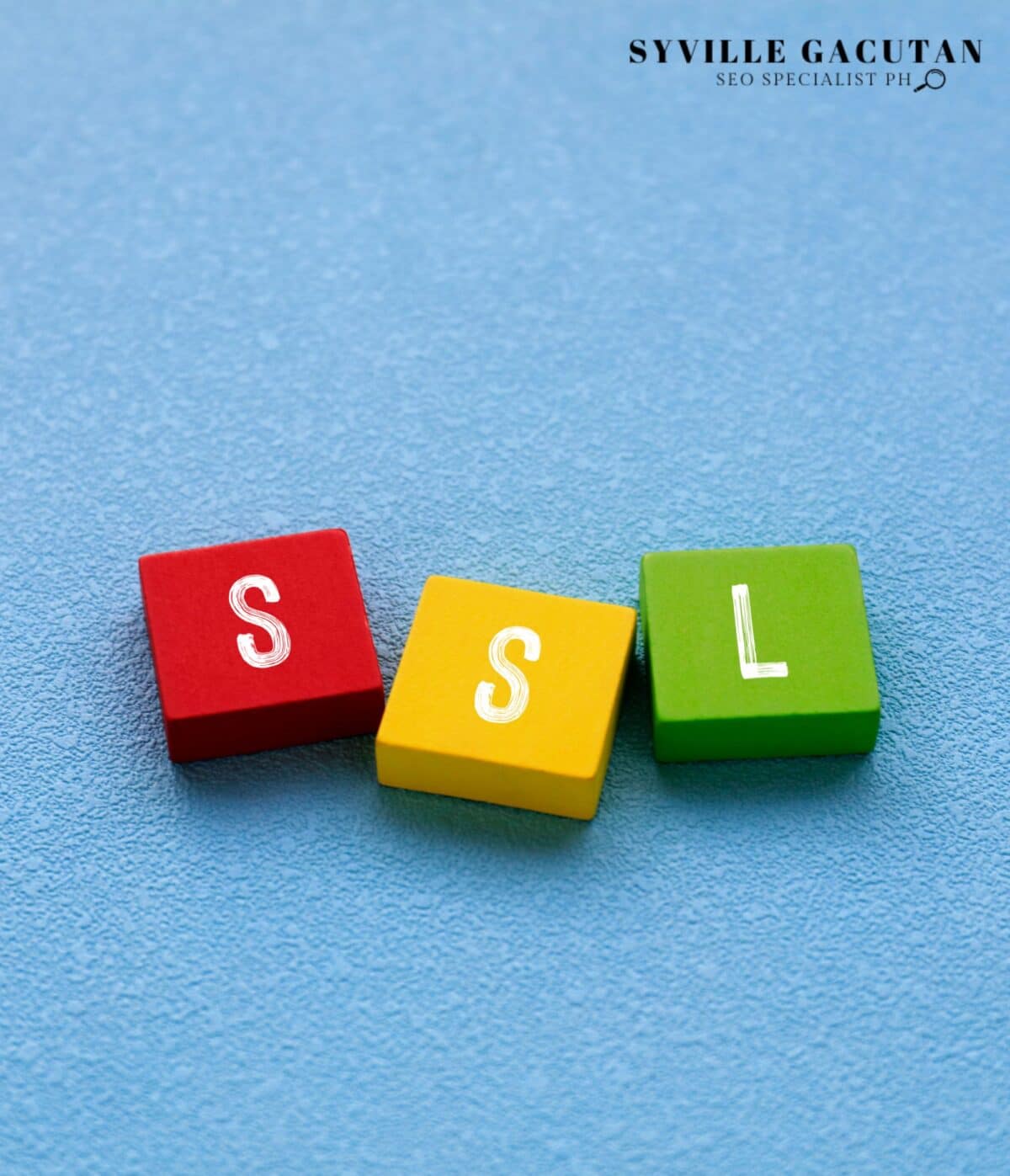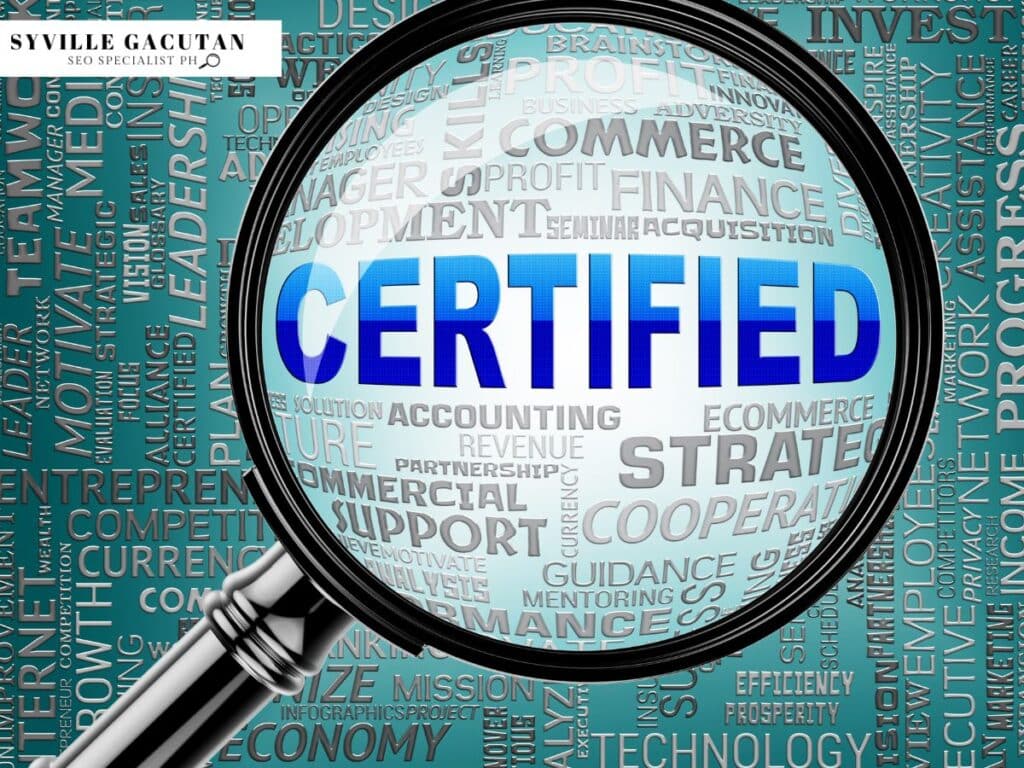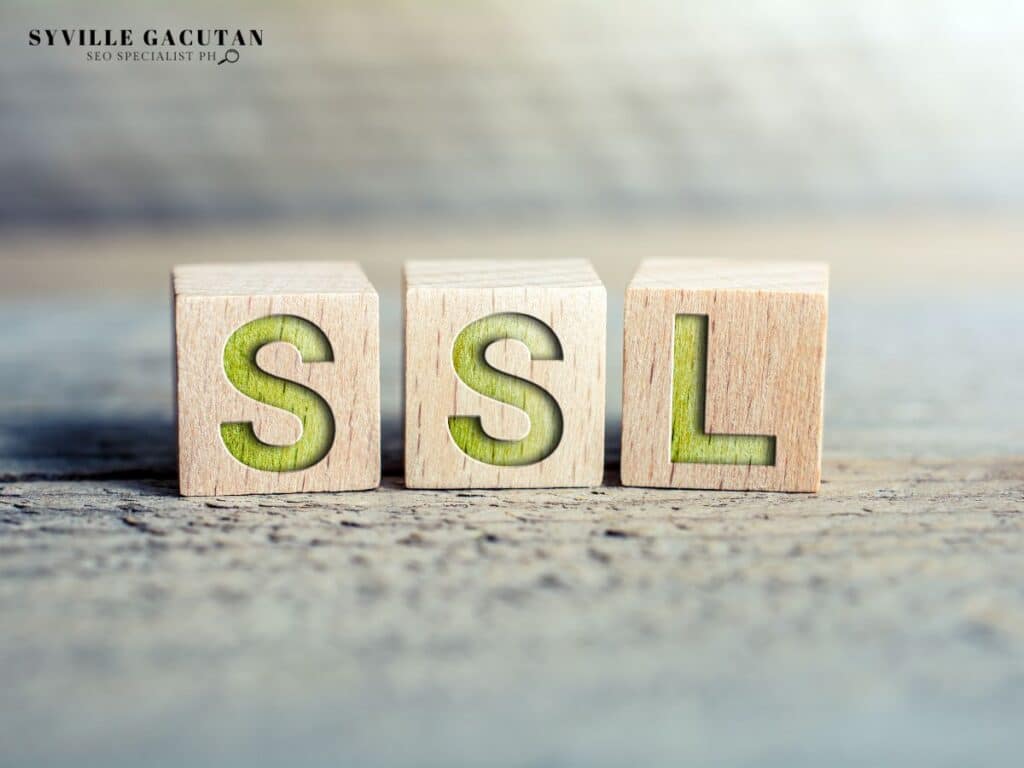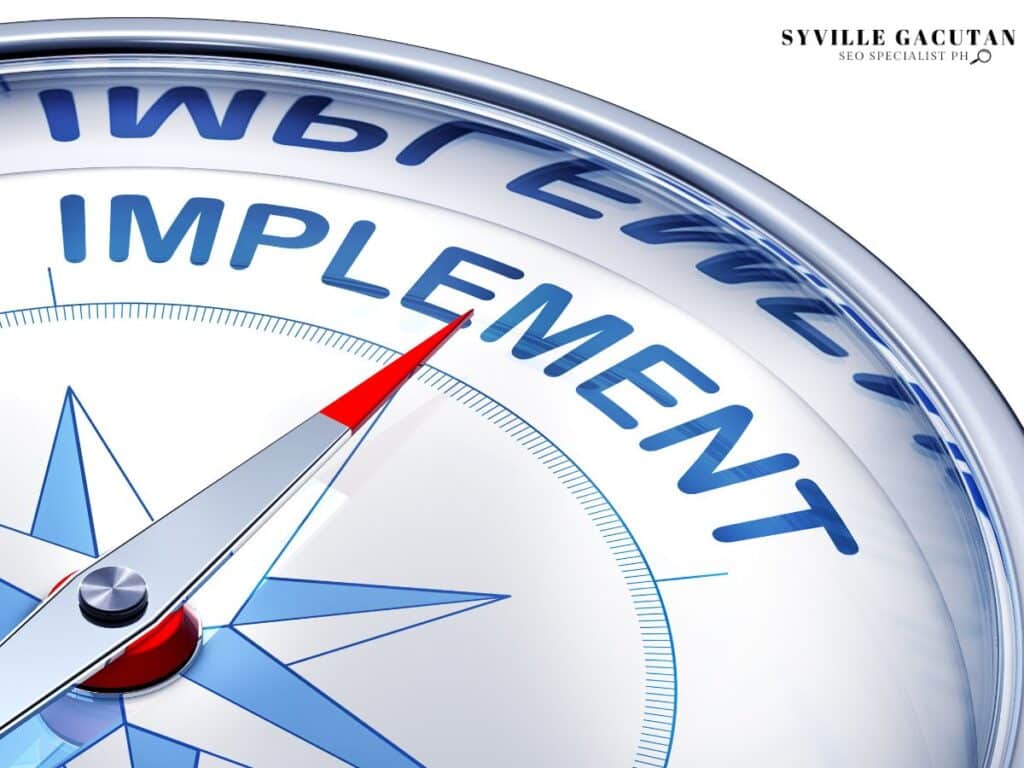
Choosing the right SSL certificate is pivotal for SEO success and building user trust. SSL certificates like Domain Validated (DV), Organization Validated (OV), and Extended Validation (EV) differ in levels of validation and trust. DV certificates offer basic security, ideal for small businesses. OV certificates add a layer of organizational credibility, while EV certificates provide the highest assurance, suitable for e-commerce sites. Utilizing SSL technology secures data transmission & enhances search rankings. It provides users with confidence in the website’s authenticity. Delving deeper into these possibilities will provide you with valuable knowledge to make an educated decision regarding your SSL selection ultimately enhancing your online visibility.
Key Takeaways
- Domain Validated certificates provide basic encryption. They are suitable options for small companies looking to quickly enhance their search engine rankings.
- Organization Validated (OV) certificates enhance user trust through verified organization identity, beneficial for SEO and credibility.
- Extended Validation (EV) certificates provide maximum trust, ideal for e-commerce sites prioritizing SEO and consumer confidence.
- Wildcard SSL certificates simplify management by securing a domain and its subdomains, supporting seamless SEO integration.
- SSL certificates that work across various domains simplify security measures. They enhance search engine optimization performance & make management easier.

Importance of SSL for SEO
In the competitive landscape of digital marketing, securing a strong online presence is crucial, and implementing SSL certificates plays a vital role in this process. As the digital world becomes increasingly sophisticated, the importance of SSL for SEO cannot be overstated. One of the primary SSL benefits is its contribution to enhanced HTTPS ranking. Search engines like Google prioritize secure websites, and transitioning from HTTP to HTTPS can positively influence a site’s visibility and ranking.
Beyond rankings, SSL certificates provide a foundation for secure browsing, fostering trust with users by encrypting data transmitted between the server and the user’s browser. The encryption secures important data from online dangers. It is a key part of information safety. For businesses, this protection is not only a matter of security but also a critical component of maintaining customer trust and loyalty.
Moreover, site performance can be indirectly impacted by SSL implementation. While HTTPS has a reputation for slightly increasing load times due to encryption processes, modern SSL certificates are optimized to ensure minimal impact on speed.
This optimization is crucial, as site performance remains an essential factor in user experience and subsequent search engine rankings.
Types of SSL Certificates
Understanding the variety of SSL certificates available is fundamental for businesses looking to enhance their site’s security and SEO performance. Selecting the appropriate SSL certificate can be a pivotal decision that influences both user trust and search engine rankings.
SSL Certificate Types are distinguished by several factors, including validation levels, the number of domains they cover, and their intended use. Below, we outline four primary types, each serving distinct purposes and offering unique Certificate Features.
- Single Domain SSL Certificates: Designed to secure one fully qualified domain name or subdomain, these certificates are ideal for small businesses with a singular online presence. They offer a straightforward and cost-effective solution, with a typically straightforward Certificate Installation process.
- Wildcard SSL Certificates: These certificates extend coverage to an unlimited number of subdomains under a single domain. This type is particularly beneficial for businesses with multiple subdomains, simplifying management and reducing costs associated with acquiring separate certificates.
- Multi-Domain (SAN) SSL Certificates: Also known as Subject Alternative Name (SAN) certificates, they allow a website to secure multiple domain names with a single certificate. This versatility can efficiently manage and protect varied domain portfolios, though it requires careful planning during Certificate Installation.
- Extended Validation (EV) SSL Certificates: Offering the highest level of trust, EV certificates require rigorous validation by Certificate Providers and are recognized by the green address bar in web browsers. While they may involve a more complex setup, their enhanced trust indicators can significantly bolster user confidence.
Each SSL type has a distinct Certificate Lifespan and associated benefits, making it imperative to align certificate choice with specific business needs and objectives.
Domain Validated Certificates

For businesses seeking an efficient and cost-effective way to secure their websites, Domain Validated (DV) Certificates offer a pragmatic solution. These certificates are renowned for their simplicity and rapid deployment, making them ideal for a wide range of common domain types.
The domain validation process is straightforward; it primarily involves verifying that the applicant has control over the domain in question. This is often achieved through automated validation systems, which streamline the process by checking for a specific email response, DNS record, or HTTP file upload.
One of the key advantages of DV Certificates is their certificate issuance timeframe. Due to the minimal validation level significance required, these certificates can be issued within minutes to a few hours, making them particularly appealing for businesses that need immediate encryption.
This quick turnaround is beneficial for startups and small businesses that may not have the resources to undergo more extensive validation processes.
While DV Certificates provide essential encryption and prove domain ownership, it is important to note that they do not offer additional information about the organization behind the website.
This is where the validation level significance comes into play; DV Certificates are generally more suitable for websites where identity assurance is not a primary concern.
Organization Validated Certificates

Some business owners may find that Organization Validated (OV) Certificates offer a balanced approach to web security, combining both encryption and trust for users. These certificates are issued by a certificate authority (CA) after a thorough validation process. This process verifies the legitimacy of the business, thereby enhancing business credibility and providing security assurance to website visitors.
As such, OV certificates serve as a bridge between the more basic Domain Validated (DV) certificates and the more stringent Extended Validation (EV) certificates.
Here are four critical aspects of OV Certificates to consider:
- Validation Process: The certificate authority conducts a detailed validation process, verifying the organization’s legal, physical, and operational existence. This step ensures that the entity requesting the certificate is legitimate and trustworthy.
- Organizational Trust: By displaying an OV certificate, businesses can increase organizational trust among their users. This level of verification communicates to visitors that the company has undergone a rigorous vetting process, instilling confidence in the website’s security.
- Business Credibility: Having an OV certificate can enhance a website’s reputation, as it indicates that the business is both legitimate and committed to protecting user data. This can be particularly beneficial for companies that conduct online transactions or handle sensitive information.
- Security Assurance: OV certificates provide robust encryption, securing data transmitted between the user’s browser and the web server. This ensures that sensitive information remains confidential and protected from cyber threats.
Extended Validation Certificates

Although businesses have various options for securing their websites, Extended Validation (EV) Certificates stand out as the most rigorous and trust-enhancing choice available. These certificates offer significant extended validation benefits, particularly for businesses operating in sensitive sectors such as e-commerce.
By undergoing the stringent EV certificate process, businesses demonstrate their commitment to security and trustworthiness, important factors that can influence consumer confidence and conversion rates.
The EV certificate process involves comprehensive vetting, where Certificate Authorities (CAs) thoroughly verify the legal, physical, and operational existence of the business. This includes confirming the entity’s identity and rightful ownership of the domain.
These extensive ev certificate requirements ensure that only legitimate entities can obtain an EV Certificate, thereby minimizing the risk of phishing and other cyber threats.
For e-commerce platforms, ev for ecommerce is a strategic investment. Online shoppers are increasingly savvy and often look for trust indicators before making a purchase.
The presence of an EV Certificate is signified by the visible company name in the browser’s address bar, a powerful trust indicator that assures users of the site’s authenticity and security.
This visual cue can significantly reduce cart abandonment rates and boost customer trust, ultimately enhancing the site’s SEO performance.
Wildcard SSL Certificates

Wildcard SSL Certificates offer a versatile solution for businesses looking to secure multiple subdomains under a single certificate. This approach can significantly simplify certificate management and reduce costs. However, understanding the nuances of wildcard certificates is essential for maximizing their potential benefits and recognizing their limitations.
Key Considerations for Wildcard SSL Certificates:
- Wildcard Benefits: Wildcard certificates allow for the securing of unlimited subdomains under a primary domain. This flexibility is particularly advantageous for businesses with numerous subdomains that require SSL encryption, as it eliminates the need for individual certificates for each subdomain. This not only simplifies management but also reduces associated costs.
- Wildcard Limitations: While wildcard certificates provide broad coverage, they do not extend to sub-subdomains. For instance, a wildcard certificate for ‘*.example.com’ will secure ’mail.example.com’ and ’shop.example.com‘, but not ’login.mail.example.com‘.
Additionally, should the private key become compromised, all subdomains are at risk, necessitating swift action to mitigate potential breaches.
- Wildcard vs Multi Domain: Unlike multi-domain certificates, which can secure multiple different domains, wildcard certificates are confined to subdomains of a single primary domain. Choosing between these options depends on the specific structure of a business’s web assets and the desired level of flexibility.
- Managing Wildcard Certificates: Effective management of wildcard certificates involves ensuring robust security protocols and regular monitoring. Wildcard security features include encryption and authentication across all subdomains, making them a dependable choice, provided their limitations are carefully managed.
Understanding these aspects empowers businesses to leverage wildcard SSL certificates effectively, enhancing both security and operational efficiency.
Multi-Domain SSL Certificates

Why are Multi-Domain SSL Certificates an optimal choice for businesses with diverse web assets? Multi-Domain SSL Certificates provide a streamlined solution by allowing multiple domain names, subdomains, and hostnames to be secured under a single certificate. This approach offers significant multi domain benefits, particularly for organizations managing various web assets.
Managing multiple certificates can be cumbersome, but consolidating them into one simplifies certificate management, reducing administrative overhead. With robust security protocols, Multi-Domain SSL Certificates ensure that all included domains maintain high security standards, protecting sensitive data and enhancing user trust.
Domain flexibility is another critical advantage. Businesses can easily add, remove, or change domains as their needs evolve, without acquiring new certificates. This adaptability supports dynamic online strategies, accommodating growth and restructuring with minimal disruption.
Moreover, these certificates are known for their cost efficiency. By covering several domains under one certificate, organizations can reduce costs associated with purchasing and renewing separate certificates for each domain. This financial advantage makes them an appealing choice for businesses looking to optimize their security investments.
The following table highlights key aspects of Multi-Domain SSL Certificates:
| Aspect | Benefit | Explanation |
| Multi Domain Benefits | Streamlined management | Reduces complexity by securing multiple domains. |
| Certificate Management | Simplified administration | Lowers administrative burden with one certificate. |
| Security Protocols | Enhanced protection | Ensures high standards for all included domains. |
| Domain Flexibility | Adaptable coverage | Easily adjust domains to match business needs. |
Comparing SSL Certificate Costs

When it comes to budgeting for SSL certificates, understanding the cost differences among various types is crucial for making informed decisions. SSL certificate pricing can vary significantly based on factors such as the level of validation, the number of domains covered, and the reputation of the provider.
For businesses aiming to enhance their website’s security and SEO standing, it is essential to weigh these budget considerations carefully.
Here are four key factors to consider when comparing SSL certificate costs:
- Type of SSL Certificate: The three main types—Domain Validation (DV), Organization Validation (OV), and Extended Validation (EV)—differ in cost and the level of security they offer. DV certificates are generally the most affordable, suitable for smaller sites, while EV certificates are pricier due to their stringent validation process, providing higher trust levels and long term value.
- Number of Domains: Single-domain SSL certificates are less expensive than multi-domain options. However, if you manage multiple websites, investing in a multi-domain or wildcard certificate can be more cost-effective in the long run.
- Provider Differences: SSL certificate pricing can also vary between providers. Established providers might charge more due to their brand reputation and customer support quality. Comparing costs and services across providers can highlight the best fit for your needs.
- Renewal and Maintenance Costs: Consider the renewal pricing and any additional maintenance fees. Some providers offer discounts for multi-year purchases, which might offer better long-term value.
Impact on User Trust

Ensuring that a website is secure through SSL certificates significantly impacts user trust, which is a cornerstone of online business success. When users visit a site, their perception of its safety is influenced by the presence of an SSL certificate, often indicated by the padlock icon in the browser’s address bar. This simple visual cue provides essential security assurance, signaling that the website prioritizes protecting user data. In turn, this fosters a positive perception of brand credibility, as users associate secure sites with trustworthy brands.
Brand credibility is crucial in establishing a strong online reputation. A secure website can differentiate a brand in a crowded digital marketplace, where user trust can be the deciding factor in engagement and conversion. SSL certificates play a vital role in building and maintaining this trust, as they assure users that their interactions and data are protected from malicious entities. For businesses, this translates into enhanced customer loyalty and potentially increased sales, as users are more likely to return to a site they perceive as secure.
Moreover, the impact of SSL certificates on user trust extends beyond individual interactions. They contribute to a brand’s overall online reputation, influencing how potential customers perceive the business and its commitment to security. A secure site not only attracts new users but also reinforces trust among existing customers, fostering long-term relationships.
In an era where online security is paramount, investing in SSL certificates is a strategic decision that enhances user trust and, consequently, the business’s success.
Implementing SSL for SEO

Implementing SSL certificates is a critical component of an effective SEO strategy. In today’s digital landscape, SSL implementation strategies have become essential for enhancing a website’s visibility and credibility.
Search engine algorithms prioritize secure websites, making SSL certificates a key SEO ranking factor. By ensuring data encryption and safeguarding user information, SSL certificates not only boost user trust but also contribute to website performance optimization and user experience enhancement.
To effectively implement SSL for SEO, consider the following strategies:
- Choose the Right SSL Certificate Type: Depending on your business needs, select from various types of SSL certificates, such as Domain Validated (DV), Organization Validated (OV), or Extended Validation (EV) certificates. Each serves different purposes and offers varying levels of security and trust signals to users and search engines.
- Ensure Proper Installation and Configuration: Incorrect installation can lead to SEO issues, such as broken links or mixed content warnings. Utilize tools provided by your SSL certificate provider to verify correct installation and configuration, ensuring seamless integration with your website.
- Update Internal Links and Resources: After implementing SSL, update all internal links and resources to use HTTPS. This avoids mixed content errors and ensures that all pages benefit from the enhanced security and SEO advantages.
- Monitor Performance and Address Issues: Regularly monitor your website’s performance post-SSL implementation. Use tools like Google Search Console to detect any crawl errors or indexing issues, swiftly addressing them to maintain SEO benefits.
Incorporating SSL into your SEO strategy not only aligns with search engine algorithms but also enhances user experience by fostering a secure and trustworthy online environment.
Final Thoughts
Choosing the right SSL certificate is essential for both securing your website and improving your SEO performance. Whether you opt for a Domain Validated (DV), Organization Validated (OV), or Extended Validation (EV) certificate, each offers different levels of trust and security tailored to your business needs. SSL certificates not only enhance data encryption but also boost your website’s credibility, which is increasingly important for both search engine rankings and user trust.
If you’re unsure which SSL certificate is best for your website or need expert guidance on optimizing your site for SEO, connect with Syville Gacutan, an experienced SEO Specialist in the Philippines. Syville can help you make the right SSL choice, ensure proper implementation, and optimize your site for better search engine visibility. Secure your site and boost your SEO—reach out to Syville today.